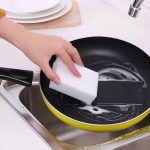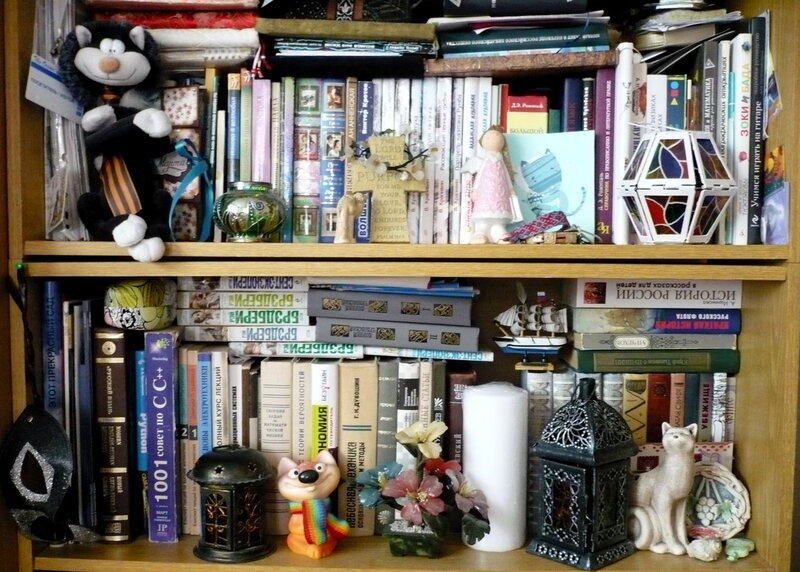What's wrong with wet wipes: proper use, types, can they be flushed down the toilet?
Wet wipes have become too firmly established in our lives. They can be found in almost every woman's bag and men's briefcase. In truth, they are really very useful and almost irreplaceable.
Wipe your face, freshen up in hot weather, clean up your child when visiting, remove a greasy stain and wipe off dust in the car - how we used to live without wet wipes, because they are a great help in a variety of situations.
But it turns out that napkins are not as safe as they might seem at first glance, and if used incorrectly, they can actually cause harm. We found out how different napkins differ and how to use them correctly.
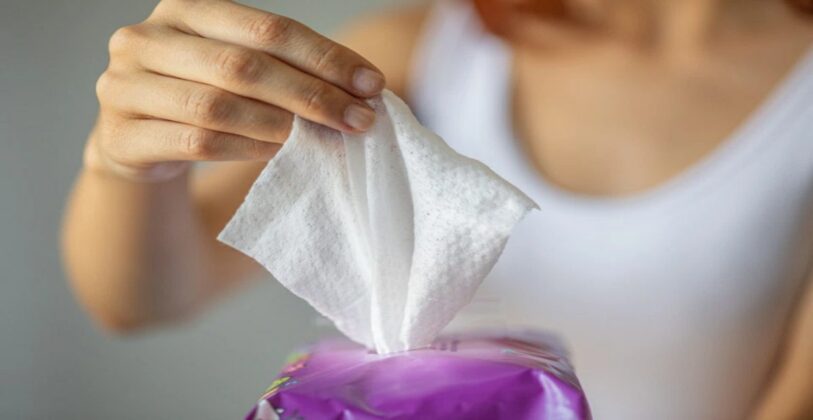
The content of the article
Types and their features
In fact, wet wipes are already a familiar and everyday product for many of us, so you won’t surprise anyone with a wide range. But there is still a difference between them. Let's figure it out.
In general, all wet wipes can be divided into two main categories: hygienic and household. Naturally, their main difference is their composition, and therefore replacing one with another is not only irrational, but even a little dangerous.
Hygienic
They include quite a few varieties that are designed for specific purposes:
For hands
These napkins are in every bag, briefcase, and school backpack. And not only among the fair half of humanity, but also among men. Undoubtedly, we have become so accustomed to them that they are the most convenient way to quickly clean our hands or even wipe our face. Depending on the quality of the product, such products may well qualify as an alternative to proper hand washing if this is absolutely necessary, but using them too often is still not recommended.
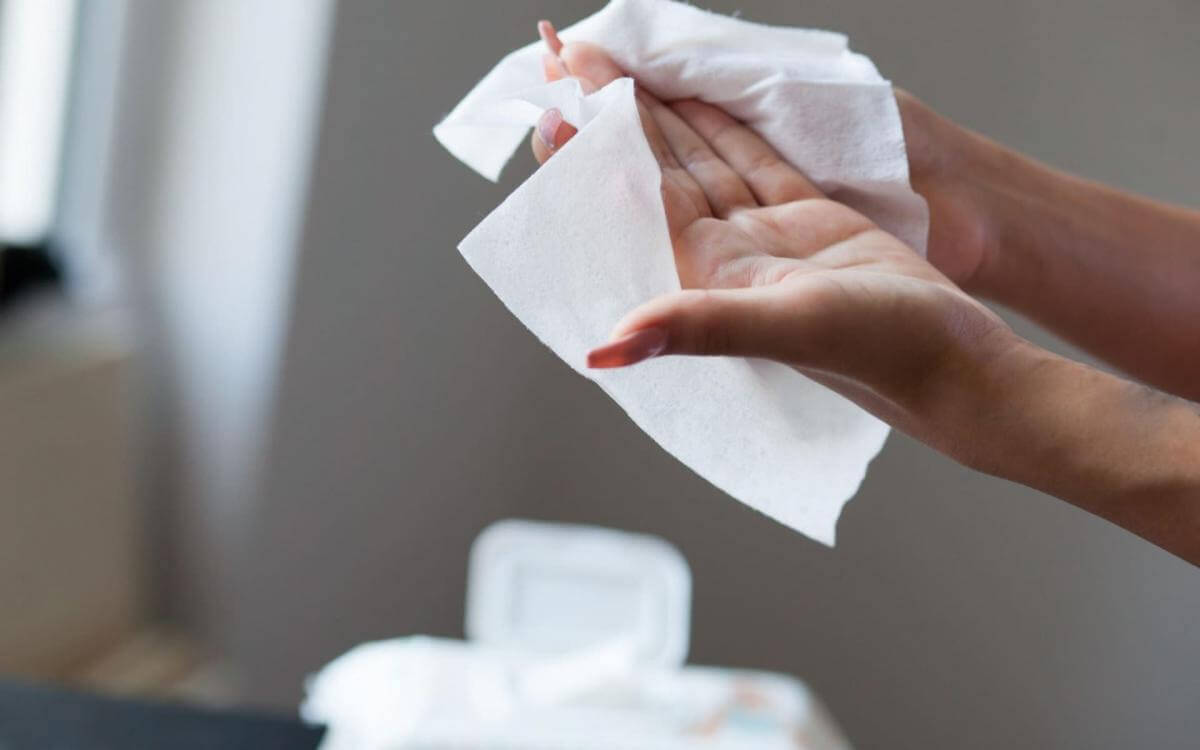
For makeup remover
If it is not possible to fully wash your face and remove makeup, then these napkins will come to the rescue. They are quite gentle on the skin, gently remove makeup, and some even do an excellent job of removing waterproof mascara. The packaging of makeup remover wipes is often very convenient and can easily fit even into a small clutch.
High-quality wipes contain tonic, lotion or micellar water, but not alcohol. Supplements in the form of natural herbs, oils, and vitamins provide additional hydration and nutrition to the skin.
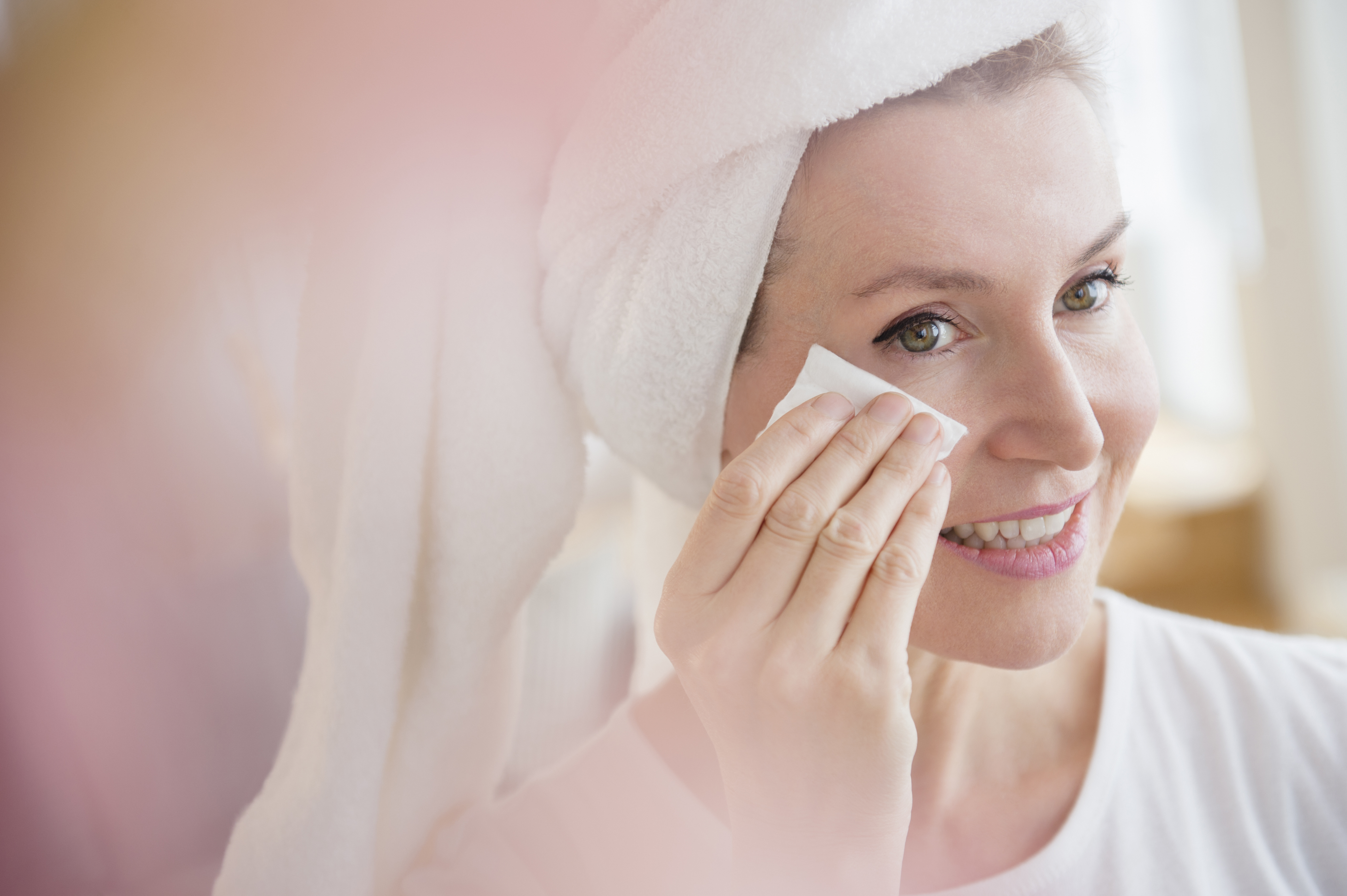
For delicate use
Intimate hygiene is an important and daily procedure. In this case, napkins are a great saver in cases where it is not possible to take a shower. For example, on a long journey, on a train, and even while hiking. True, they cannot replace proper washing of the genitals. Good wipes for intimate hygiene should not contain aggressive substances such as alcohol or fragrances. It is better to give preference to products with herbal extracts.
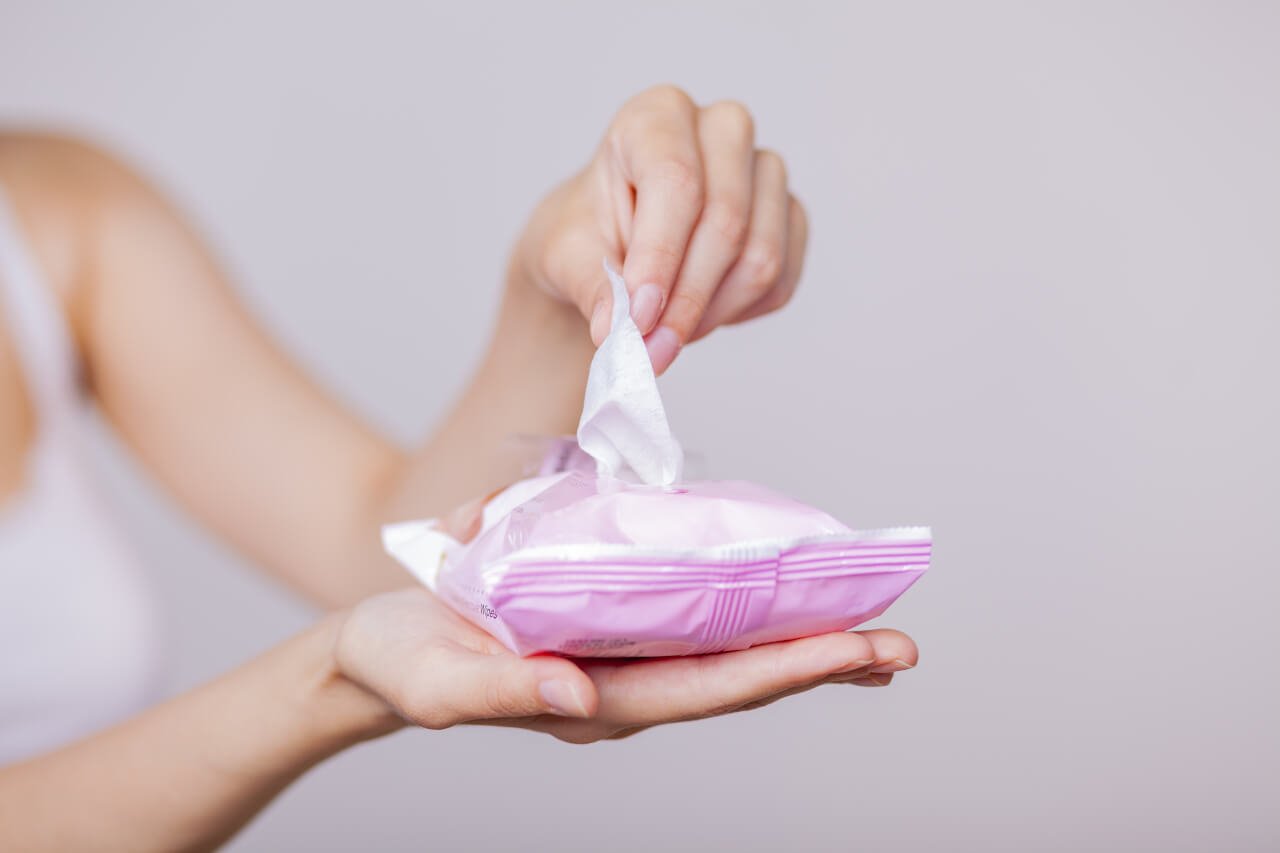
For babies and young children
This is almost the very first product that parents buy in the store for their baby.Already when the child grows up, mom and dad are more inclined to buy toilet paper for children. But baby wet wipes are simply irreplaceable - they save the day in many situations and in the most unpredictable places: on the playground, in the store, visiting grandma, on a trip, at a party and in many other cases.
But when purchasing, it is very important to carefully study the composition of the napkins. You need to choose only those that do not cause allergies and have all quality and safety certificates. No alcohol or other harmful additives! But natural oils and vitamins are quite welcome.
Wiping your child with wet wipes is by no means a substitute for a full bath!
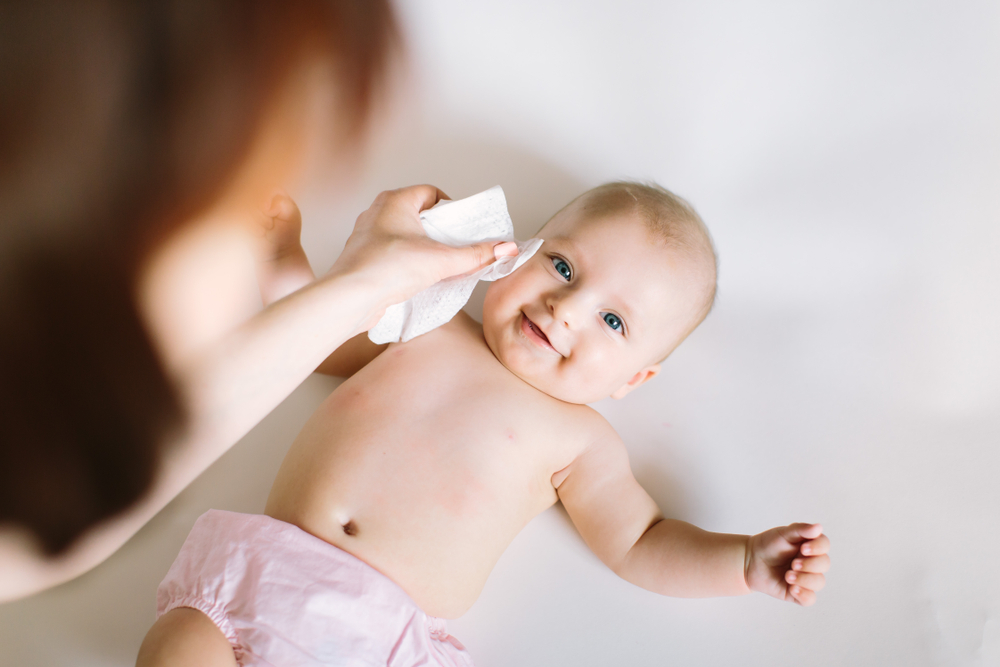
Antibacterial
They are distinguished by a special composition that destroys bacteria. Typically it includes alcohol, sodium benzoate, phenoxyethanol, methylparaben. An important purpose of such products is to protect a person from infections, pathogens and other nasties that can cause illness. True, it is not recommended to use them with or without reason, since they can dry out the skin and cause itching and redness.
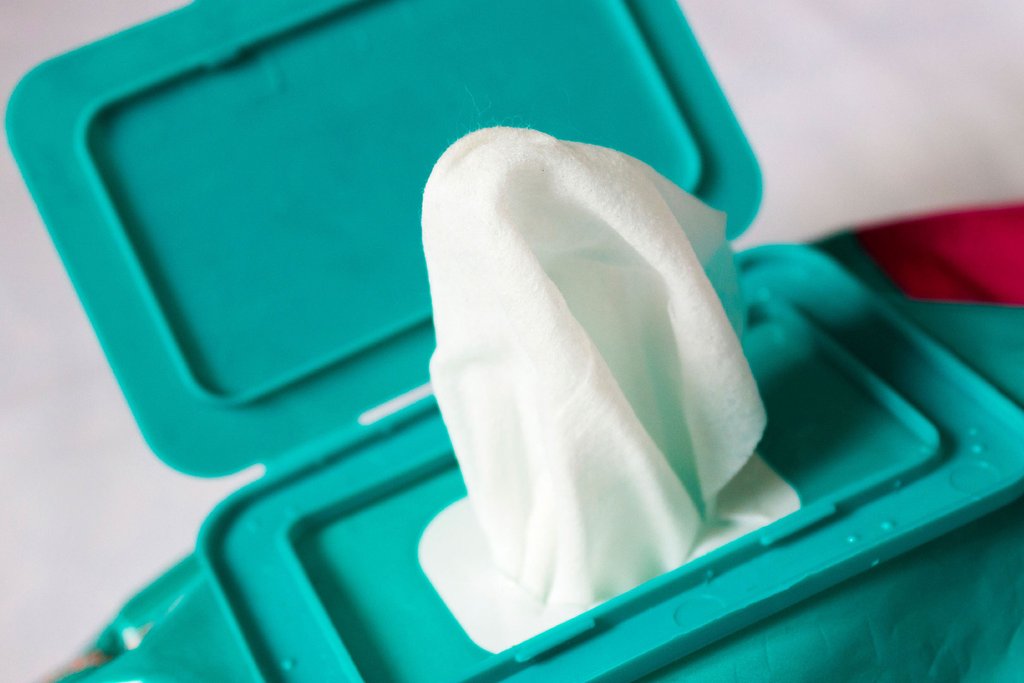
For bedridden patients
They help keep the body clean if there is no way to use water and soap. The composition is soft and non-aggressive - especially for delicate areas of the body where bedsores can form. As in all other cases, they cannot replace a full wash.
Household
This is also a fairly large category, but everything here is clear from the name:
- For auto. Rub mirrors and headlights until they shine, quickly clean the glass, wipe down the plastic or tidy up the covers. They are quite popular among drivers.
- For glass and mirrors. They cope well with grease, dirt and fingerprints, without leaving streaks or scratching the surface.
- For monitors and screens. They collect dust well; some wipes of this type are impregnated with antistatic agents.
- To remove stains. Instant assistance in “emergency” situations. Impregnated with special substances that can save your clothes from irremovable stains in a matter of seconds.
- For shoes. An excellent solution for leather shoes, since such wipes contain only gentle substances that will not spoil the appearance of the shoes, but will also clean off dirt.
- For furniture. Here you need to choose what specific furniture you are selecting the product for. For example, for wood it will be the same napkins, for plastic - completely different ones.

How is wet toilet paper different from wet wipes?
These products are similar to each other in many ways: in appearance, in purpose, and in method of application. The main differences are the composition of the material and various impregnations.
Typically, wet toilet paper is a product based on natural ingredients, which are also biodegradable. In most cases, it is perfectly acceptable to flush it down the toilet. In addition, it is impregnated with beneficial ingredients, including lactic acid and medicinal herbal extracts. And children's toilet paper has a neutral pH, is very soft and comfortable to use.
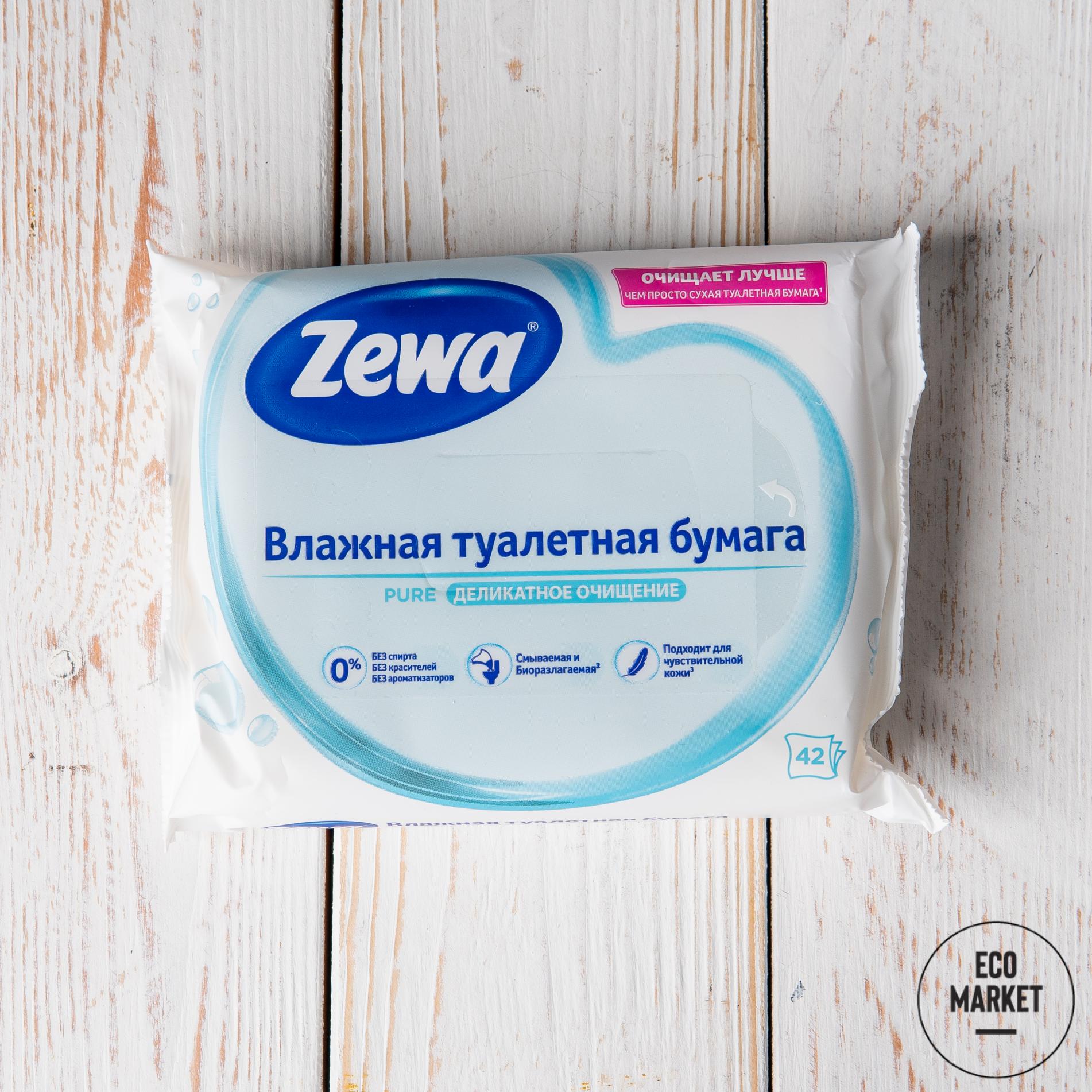
Is it possible to throw wet wipes down the toilet in an apartment?
The answer to this question will be categorical: it’s impossible! Any wet wipes, whatever one may say, are made of synthetic materials that are not able to dissolve in water and are also unlikely to decompose in the soil. For this reason, you can expect not only a blockage in the sewer system, at a minimum. Moreover, on a global scale, this leads to very sad consequences, because, as you understand, this is the same plastic that brings little benefit to our planet.
However, some manufacturers still care about the environment and try to instill in us conscious consumption - they produce biodegradable napkins, made from natural fibers, with a low content of various hazardous substances. In theory, such products can actually be flushed down the toilet, but in the natural environment they simply decompose and turn into compost. It is quite easy to distinguish such napkins: they are very thin, look like plain paper and tear very easily.

You should also understand that the inscriptions on the packaging - “biodegradable”, “can be flushed down the toilet” - are not a guarantee that the napkin actually has such properties. In most cases, this is a marketing ploy for which hardly anyone is responsible except you.



